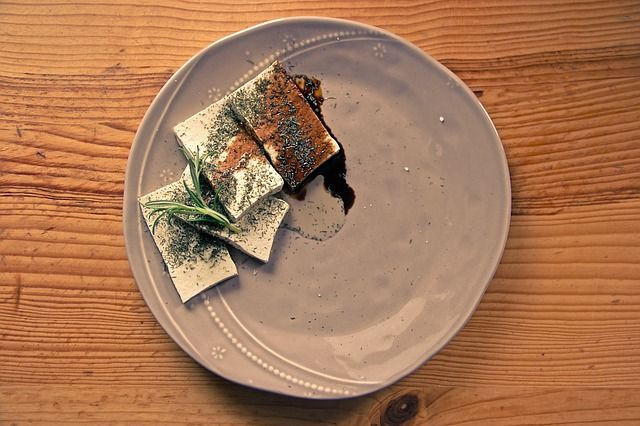Post-Menopausal Women May Lower The Risk Of Bone Loss Through Soy-Based Protein Diets

A little soy may go a long way bonewise, suggests new animal research.
Researchers first fed female laboratory mice a special soy-based diet in the earliest weeks of their life post-breastfeeding before resuming a regular diet until they turned six months old. Then they removed their ovaries (to mimic menopause-related bone loss) and returned them to either a regular or soy diet. A control group of mice only given a regular diet also underwent ovary removal. By the end of it all, they found that the mice given soy experienced less bone mass loss than the control mice.
While the effects were less profound in mice who only ate soy early on in life, they still benefited from it. The findings were published in the flagship journal of the Federation of American Societies for Experimental Biology (FASEB).
"Appropriate early-life nutrition can optimize peak bone mass," said lead author Dr. Jin-Ran Chen, a researcher from the Skeletal Development Laboratory at Arkansas Children's Nutrition Center at the University of Arkansas for Medical Sciences, in a statement. "Consumption of soy foods has a variety of health benefits, including amelioration of bone loss during adulthood."
According to the University of California, San Francisco's Medical Center, meny foods containing soy can be found down the aisles of your supermarket. Some popular "chicken-less" nuggets, soy bacon, cheese, milk, and ice cream are great options for meat-alternatives. Edamame, tofu, miso, soy nuts, soy sauce, and tempeh can be easily rotated into a person's daily diet.
For some time now, researchers have speculated soy could have protective effects for postmenopausal women. Soy contains isoflavones, chemicals which resemble estrogen. And since estrogen levels sharply decline in menopause, and this decline is responsible for many of the side-effects of the condition, it’s thought that soy can provide some relief by boosting levels back up. Elsewhere, research has shown that women living in areas where soy is commonly eaten, such as Asia, experience fewer menopausal symptoms like hot flashes and osteoporosis.
"The centuries-old mantra that children need milk to 'grow strong bones' remains true, but here we have evidence that the protein components of soy 'milk' have key osteogenic effects," said Dr. Thoru Pederson, PhD, Editor-in-Chief of The FASEB Journal, in a statement. "This finding could ultimately have major pediatric health impacts throughout various parts of the world."
Encouraging as the study is, there are caveats to be aware of — namely that efforts to concretely prove soy can help fight bone loss in humans have been mixed. For instance, studies where women were given soy supplements have failed to show any sustained improvement in relieving hot flashes or reducing bone loss. It might be the case that mice simply respond better to soy than people do, or that it takes more than soy alone to produce beneficial effects.Or maybe, as the study may indicate, any bone protection requires eating soy as early and as often as possible.
Source: Chen J-R, Lazarenko O, Blackburn M, et al. Dietary factors during early life program bone formation in female rats. Federation of American Societies for Experimental Biology Journal. 2016.
Published by Medicaldaily.com



























